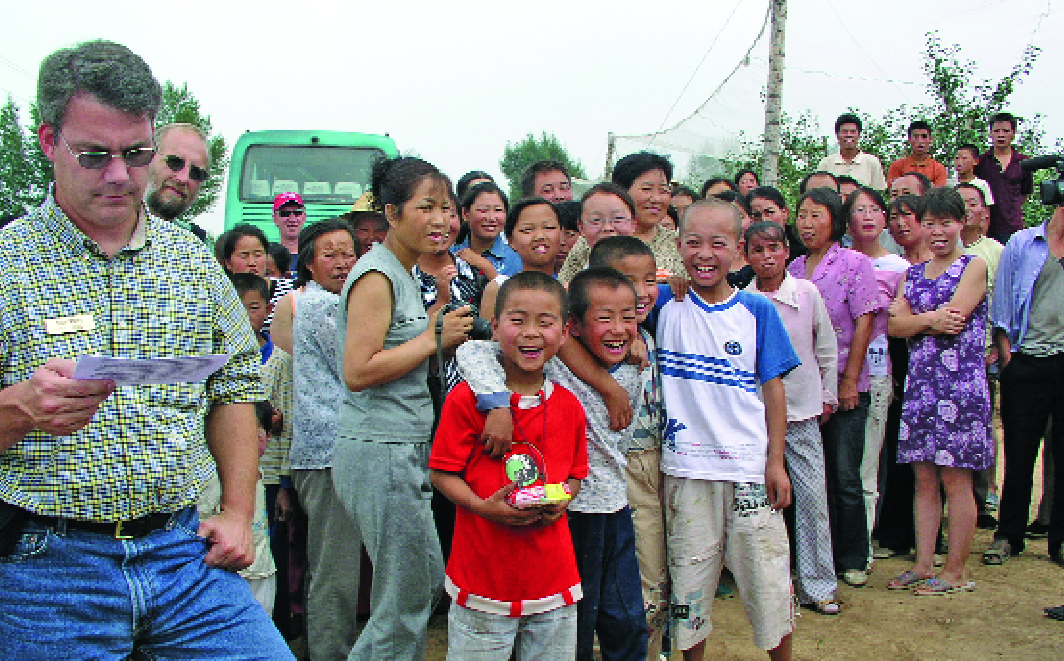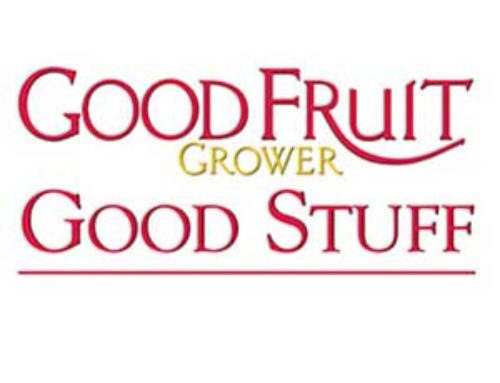 The Yantai North Andre Juice Company Limited, founded in 1996, aims to be the largest apple concentrate juice producer in the world. The company has eight assembly lines that process 1.2 million tons of apples annually into 130,000 metric tons of concentrate—more than 25 percent of China’s total production.
The Yantai North Andre Juice Company Limited, founded in 1996, aims to be the largest apple concentrate juice producer in the world. The company has eight assembly lines that process 1.2 million tons of apples annually into 130,000 metric tons of concentrate—more than 25 percent of China’s total production.
Ninety percent of the company’s production is exported, with about half of that going to the United States. Following dumping complaints by the U.S. apple processing industry, the U.S. Department of Commerce imposed antidumping duties on Chinese processors that it judged had been selling apple juice concentrate at below the cost of production. Some faced duties of as much as 52 percent, but Andre Juice Company was assessed a rate of zero.
“On that basis, we fastened our stride forward,” company manager Xu Jiang told members of an International Fruit Tree Association study group during a meeting in Yantai, China, this summer. The company has been investing in additional assembly lines and has established a research and development facility to improve the technology and the quality of its products in order to meet the requirements of the competitive market.
Growers are planting Granny Smith apples in order to produce juice with more acid, which sells for a higher price. It has ISO (International Organization for Standardization) 9000, 9001, and 9001 certification, and has a HACCP (Hazard Analysis Critical Control Points) program. It also has kosher certification and is certified by the U.S. Food and Drug Administration, Xu said. Residues from apple processing are recycled—often as feed for animals or fertilizer.
The company has been working with the China Agricultural University to find better ways to deal with the residue and avoid pollution problems. It has set up a new plant to make fruit jellies from some of the residues, while the rest will be used to feed cows and increase their milk production. The IFTA group visited the Andre plant in Yantai, though it was not operating at the time. It processes apples for about six months a year.
Three million apple growers from a number of provinces send their cull apples to the plant. The company pays between 20 and 50 yuan per half kilo for cull apples. That’s about 2.5 to 6 U.S. cents per pound. Overall, China produces 20 million metric tons of apples, and has been processing an increasing proportion into concentrate.
In 2004, China produced an estimated 460,000 metric tons of concentrate, up from under 100,000 tons in 1999, according to figures from the Chinese Chamber of Commerce, reported by Haiyan Xie of Haisheng, USA, Inc. Currently around 20 percent of the Chinese apple crop is processed. m




Leave A Comment